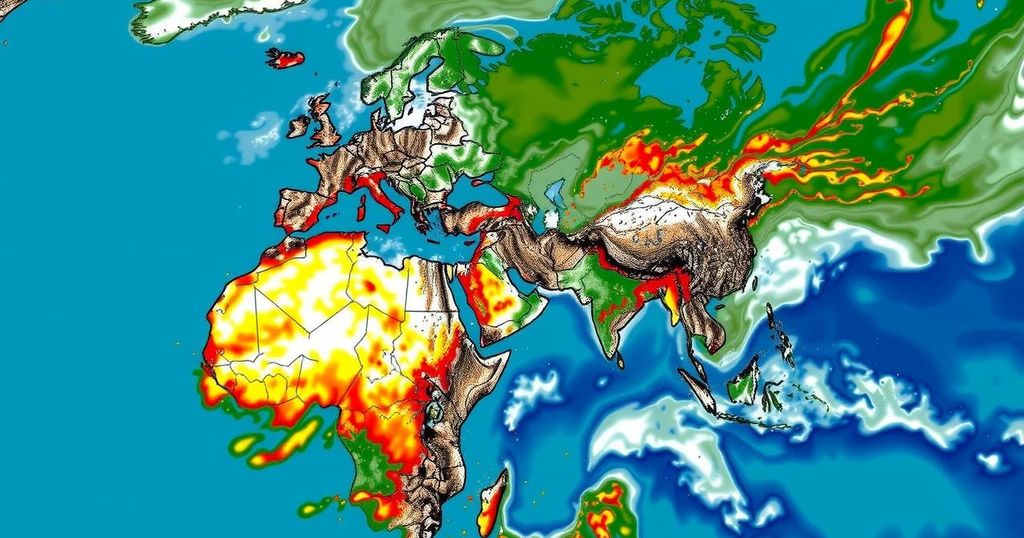Key climate news from October 21-25, 2024, includes over 80% of nations missing biodiversity plan deadlines ahead of COP16, a UN report warning of a potential 3.1°C temperature rise, urgent calls for action to protect biodiversity, the casualties from Typhoon Trami in the Philippines, and the record-breaking global coral bleaching event affecting 77% of coral reefs.
This Week in Review highlights significant developments in climate change, biodiversity, and extreme weather between October 21-25, 2024. Over 80% of nations have failed to meet the deadline for submitting national plans to protect biodiversity ahead of the COP16 conference in Cali, Colombia. Only a small fraction of countries, including Australia, China, and Mexico, produced the required National Biodiversity Strategy and Action Plans (NBSAPs). A United Nations report warns that unless global emissions are halved in the next decade, the planet may face a temperature increase of up to 3.1°C. The report stresses the urgency of the upcoming submissions for Nationally Determined Contributions (NDCs) due in early 2025 to achieve the targets set forth in the Paris Agreement. At COP16, UN Secretary-General António Guterres urged participants to transform commitments into actionable conservation efforts to combat the rapid loss of biodiversity. The gathering convenes over 15,000 attendees, focusing on the adoption of the Kunming-Montreal Global Biodiversity Framework. In the Philippines, Typhoon Trami has left at least 14 dead and prompted evacuations of thousands as it made landfall, exemplifying the escalating intensity of typhoons linked to climate change. Lastly, the National Oceanic and Atmospheric Administration (NOAA) confirmed that the current global coral bleaching event is the largest on record, with 77% of the world’s coral reefs affected, marking a concerning trend for marine biodiversity.
The urgency surrounding biodiversity preservation and climate action is underscored by recent reports and events leading up to the 16th meeting of the Conference of the Parties to the Convention on Biological Diversity (COP16) in Cali, Colombia. Nations were expected to submit National Biodiversity Strategy and Action Plans (NBSAPs) by a specific deadline as part of their commitments established in the Kunming-Montreal Global Biodiversity Framework. Concurrently, the global community is facing alarming projections related to climate change impacts, including potential temperature increases and the ongoing loss of biodiversity, demanding immediate and substantial reductions in greenhouse gas emissions. These developments reflect the ongoing struggle against the multifaceted challenges posed by climate change, encompassing severe weather events like Typhoon Trami and unprecedented trends in coral bleaching, further complicating conservation efforts worldwide.
In summary, the recent week has revealed critical challenges in climate and biodiversity preservation as nations struggle to meet their commitments. The missed deadlines for biodiversity planning, alarming predictions for future warming, and the devastating impacts of Typhoon Trami highlight the need for immediate action. With COP16 underway, world leaders face the imperative of translating commitments into effective measures to safeguard our planet’s biodiversity and mitigate climate change effects, as illustrated by NOAA’s alarming report on coral bleaching. These events serve as a clarion call for enhanced global cooperation and stronger commitments to fulfilling international environmental agreements.
Original Source: earth.org






